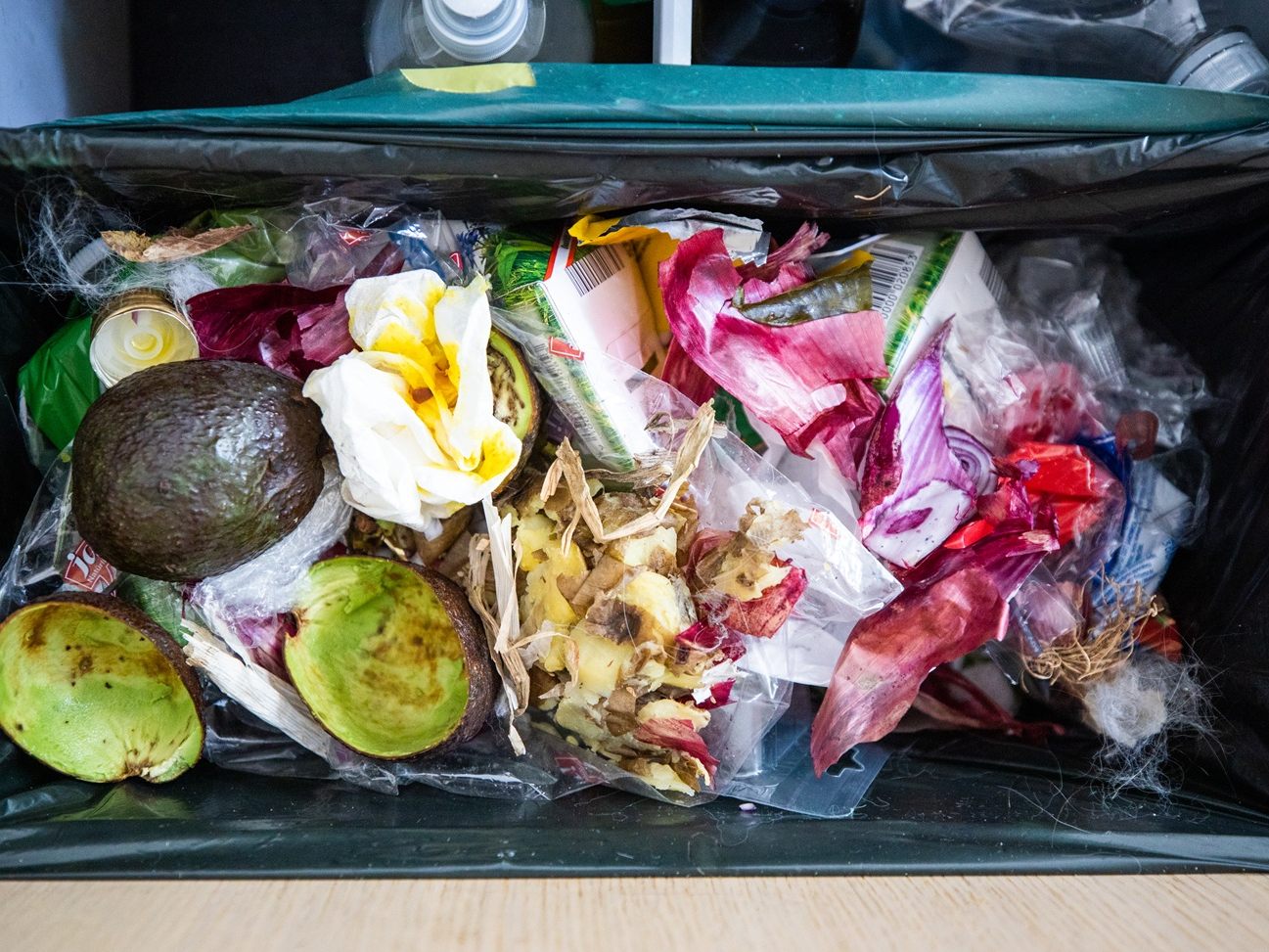Vienna Self-Sufficient in Waste Utilization According to Magistrate

All facilities in the disposal chain, where energy is also generated from waste, are within the city limits and are a municipal matter. Additionally, all waste is processed in a climate-friendly manner and not landfilled.
The MA 48 (for waste management) ensures that one hundred percent of municipal waste, from residual waste and hazardous materials to bulky waste, is fermented, processed, prepared, and composted within the capital itself, said its head Josef Thon: "Since 2009, absolutely no residual waste has been landfilled in Vienna." Only the combustion residues from its thermal processing are deposited in the 22nd district. This is more climate-friendly than burying the waste. "While depositing one ton of residual waste produces methane and thus 2,400 kilograms of CO2 equivalents, the thermal processing of the same amount saves 250 kilograms of CO2 equivalents," said the expert.
Several Waste Incineration Plants in Vienna
There are four waste incineration plants in Vienna for this purpose. Used diapers are disposed of just as safely as medication residues and used FFP2 masks. "The energy stored in the residual waste is used to generate district heating, electricity, and district cooling," explained Thon: "This can replace fossil fuels." Vienna Energy supplies about 460,000 apartments and an additional 7,000 businesses with district heating, and the Pfaffenau waste incineration plant alone generates electricity for 25,000 households. The residues are "demetallized" and thus cannot harm the groundwater or the atmosphere.
In waste separation, the Austrian metropolis has achieved a top position in Europe. "In direct comparison with other capitals, Vienna ranks an excellent third place in separate collection according to a study commissioned by the European Commission, behind Tallinn and Luxembourg," said Thon.
Viennese Produced Less Residual Waste Per Capita
The waste per capita in Vienna has decreased since 2005, it was reported. Although the population has increased by 20 percent since then, the annual amount of residual waste collected in the city has remained constant. Accordingly, each resident produced 50 kilograms less residual waste in 2024 than in 2005. In the future, they want to "move even more towards waste prevention," said Czernohorszky. He called cleanliness and good waste management "important foundations for the high quality of life in the city."
(APA/Red)
This article has been automatically translated, read the original article here.





